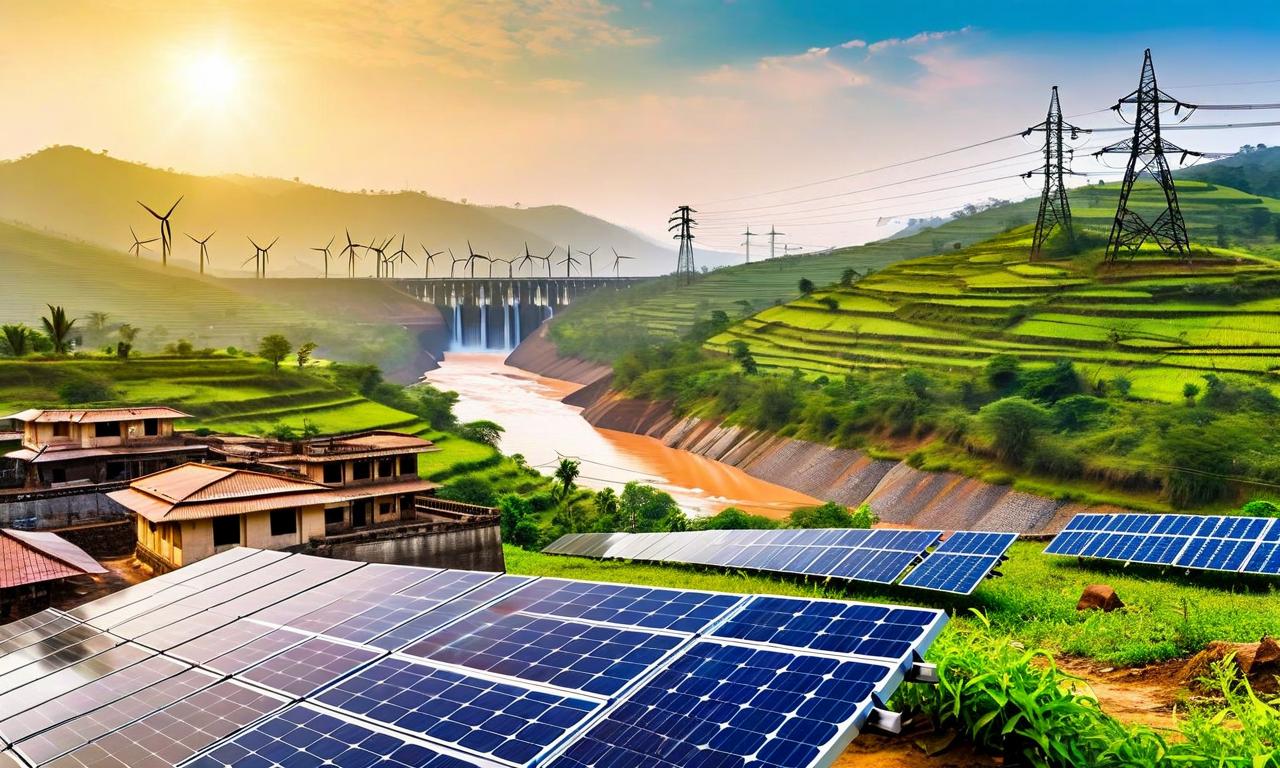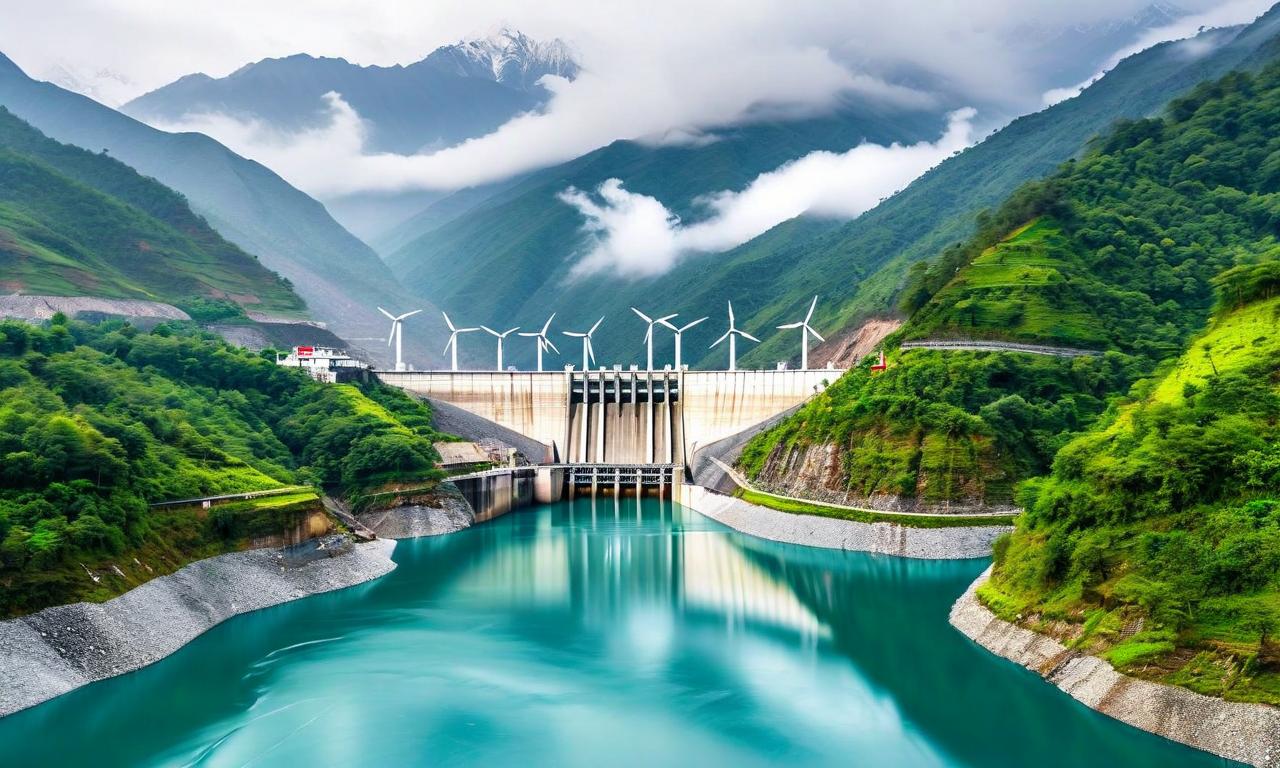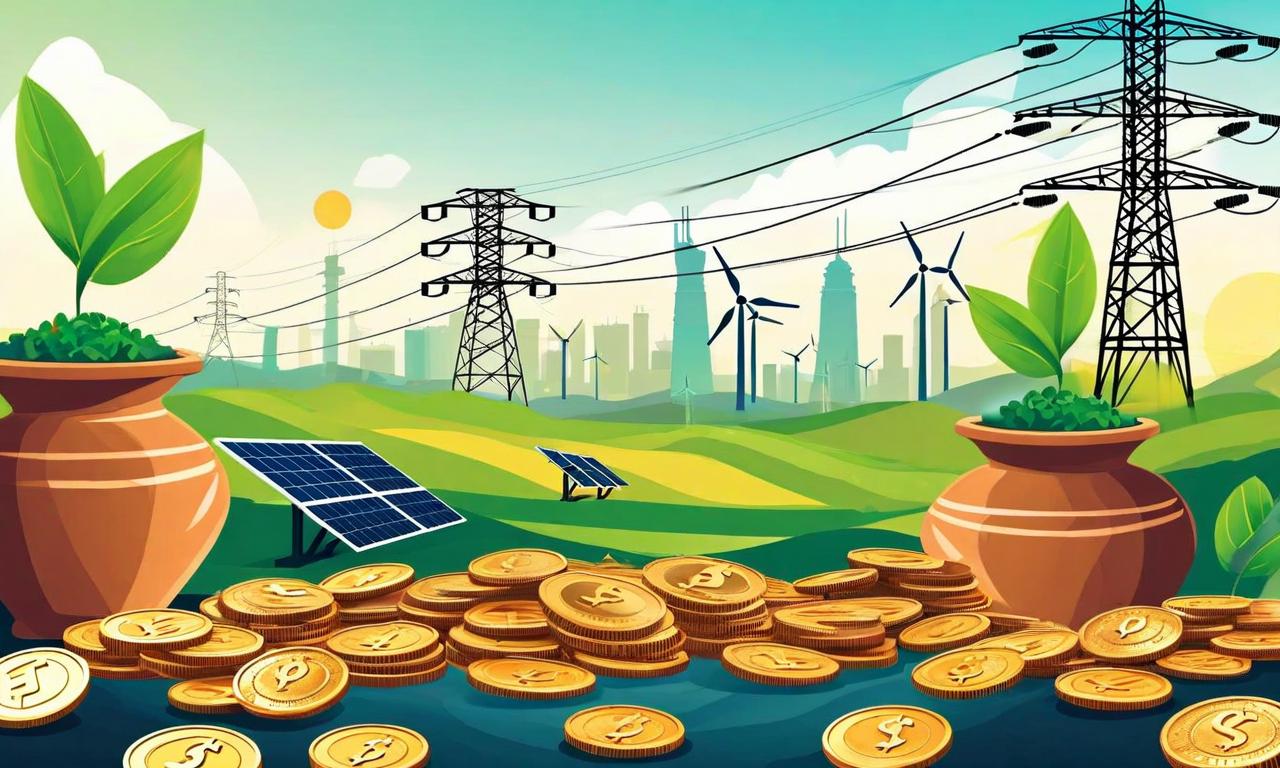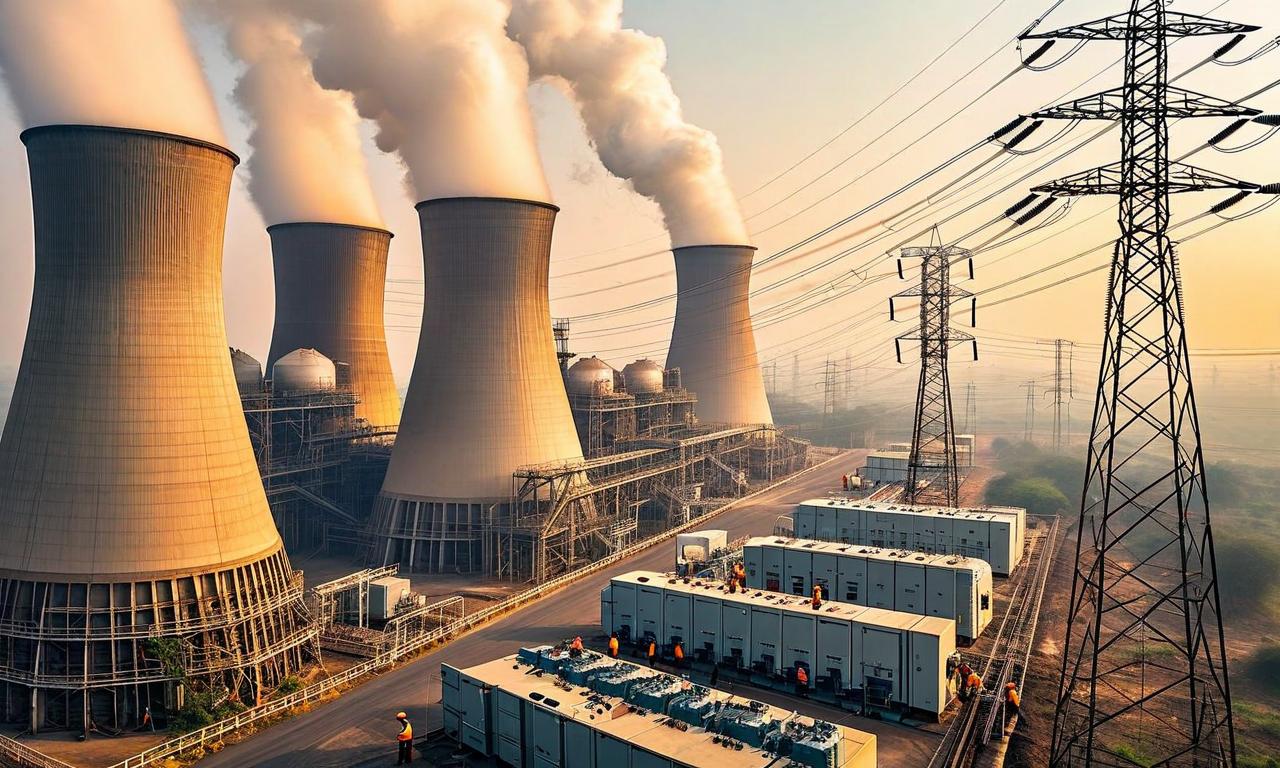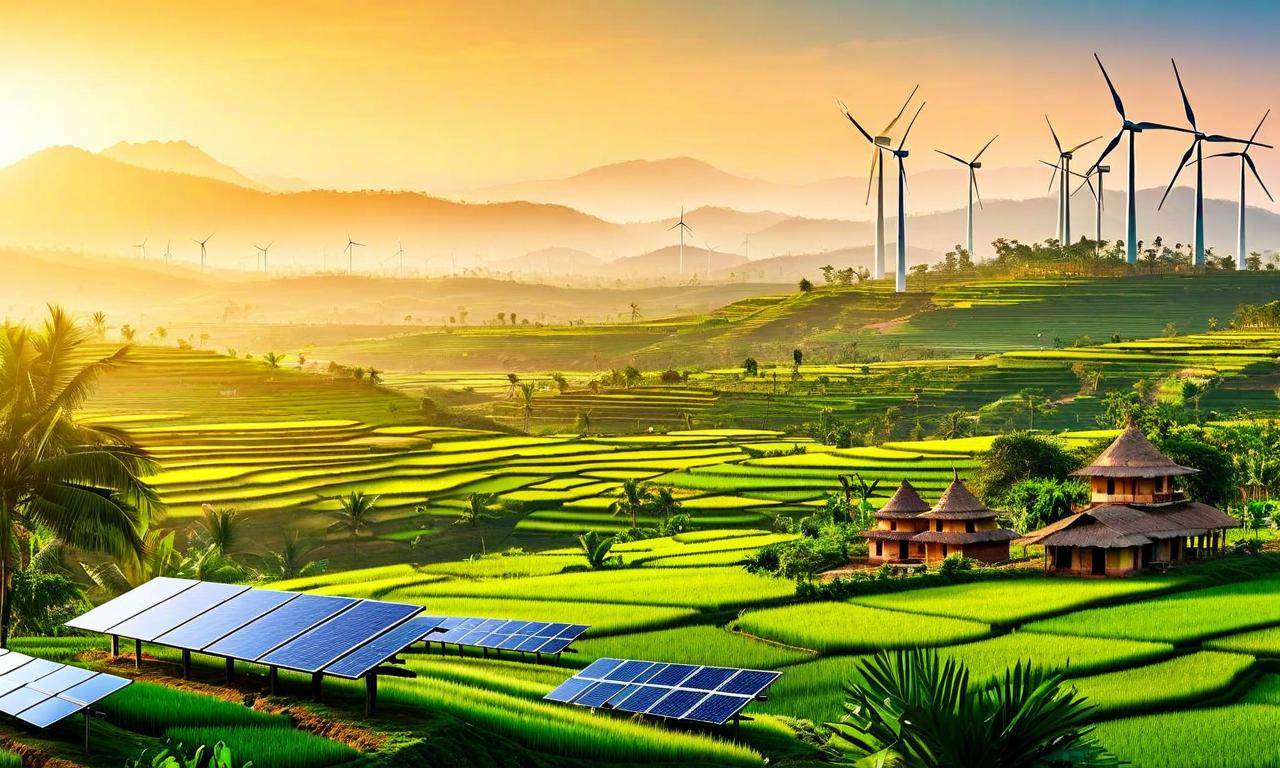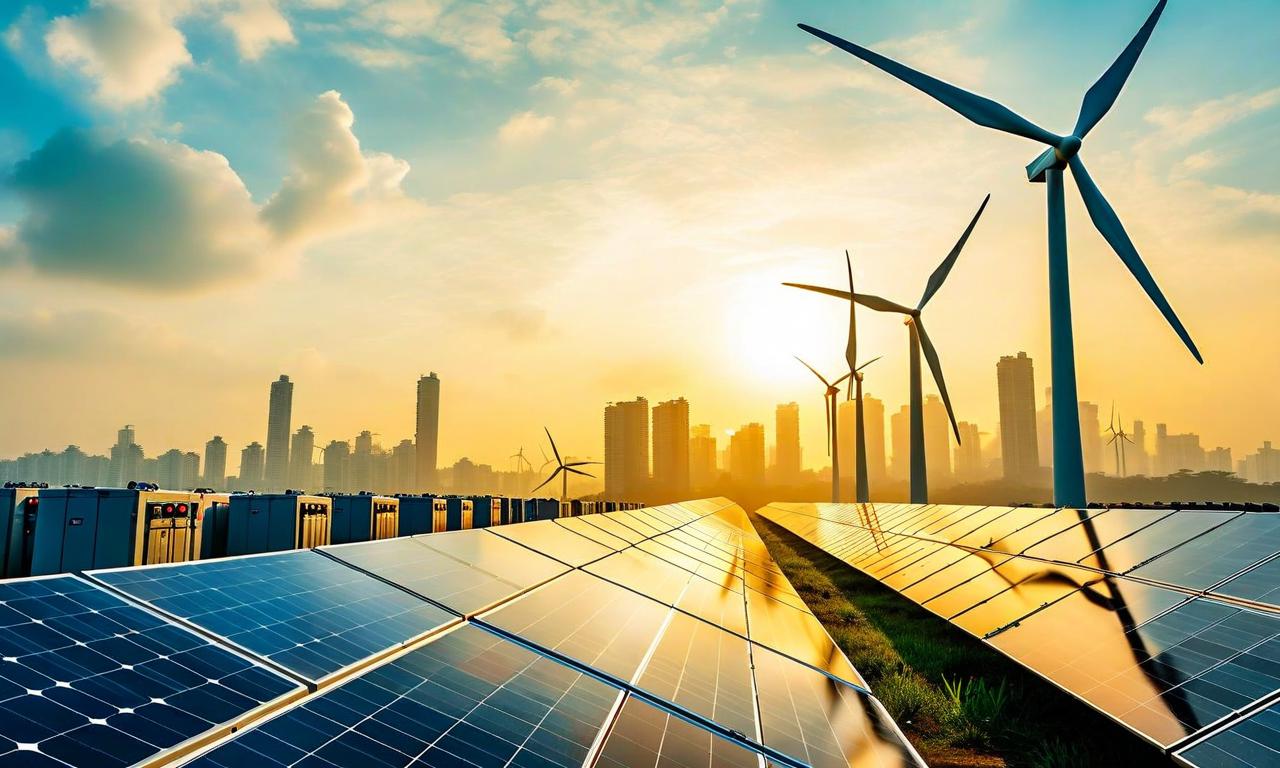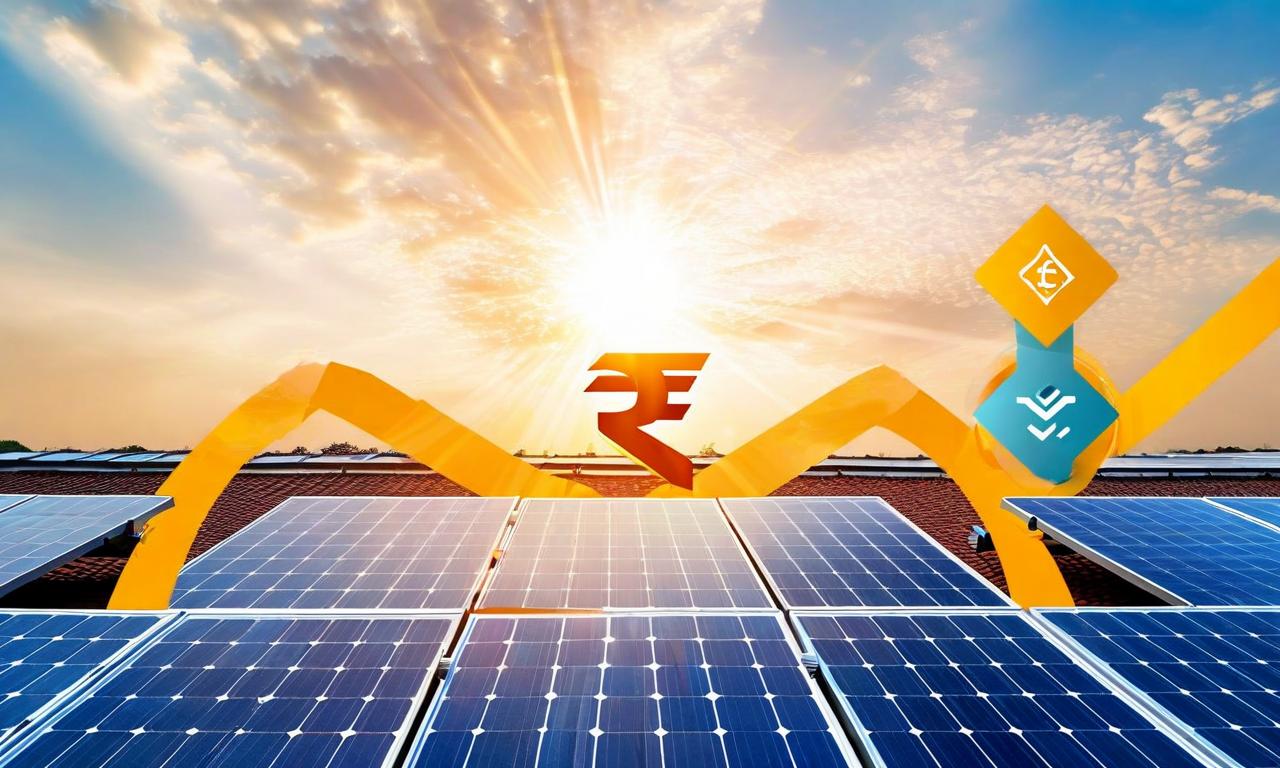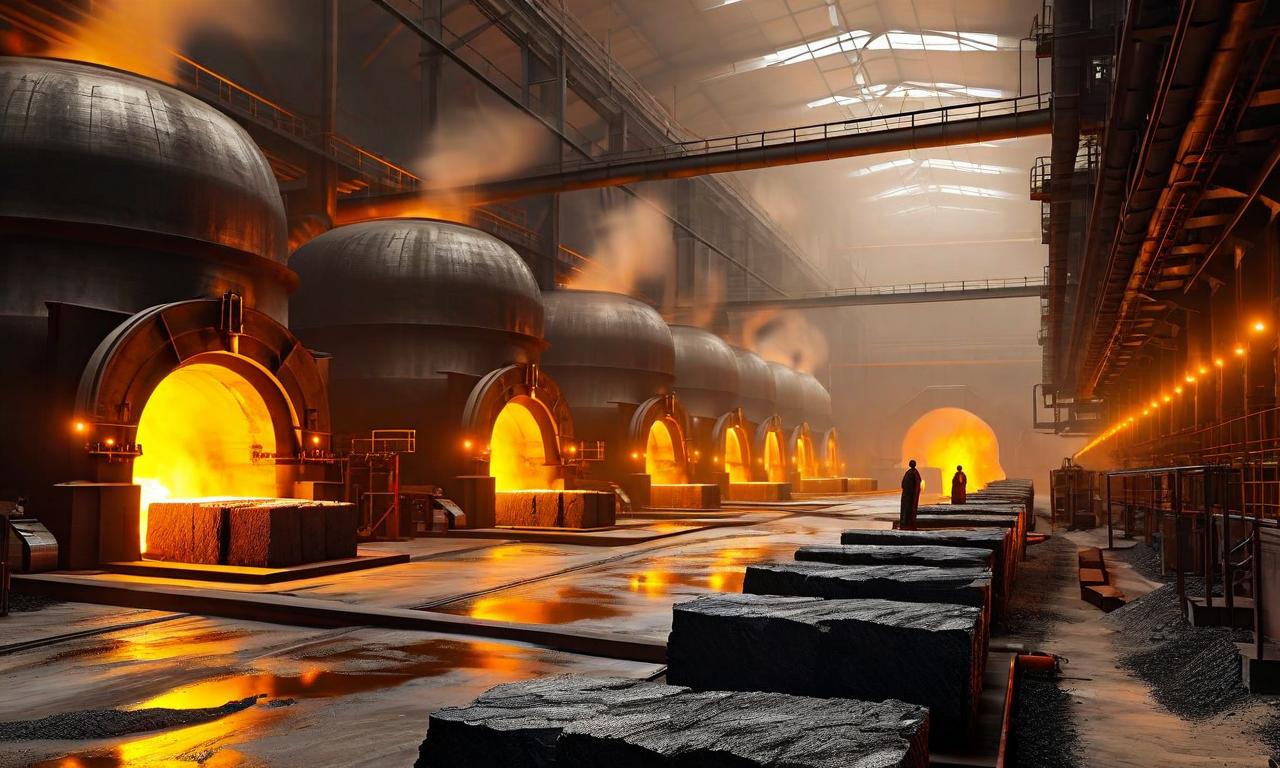Tata Power Engages in Multiple Strategic Initiatives, Including Mundra Plant Discussions
Tata Power plans to acquire a 40% stake in a 1,125 MW Bhutan hydro project for ₹1,572 crore. The company is reviewing coal plant expansion options, increasing solar manufacturing capacity by 10 GW, and discussing power purchase agreements for its Mundra plant. Tata Power is also exploring land acquisition for nuclear projects. These initiatives aim to diversify the company's energy portfolio and strengthen its position in clean energy.
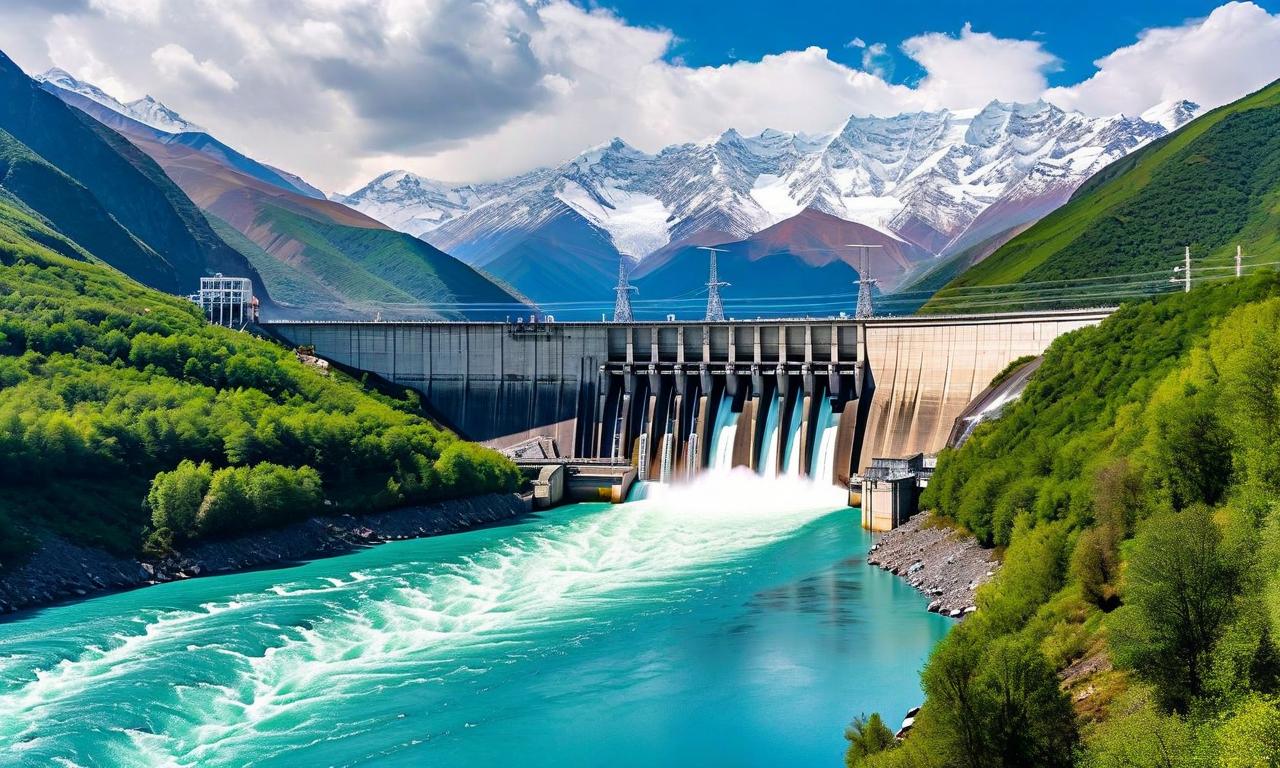
*this image is generated using AI for illustrative purposes only.
Tata Power , India's largest integrated power company, has announced multiple strategic initiatives, including plans to acquire a 40% stake in a 1,125 MW Bhutan hydro project, reviewing options for coal plant expansion, increasing solar manufacturing capacity, and engaging in discussions regarding power purchase agreements for its Mundra plant.
Mundra Plant Power Purchase Agreements
A Tata Power executive is collaborating with the Gujarat government regarding power purchase agreements for the company's Mundra plant. The discussions focus on contractual arrangements for power supply from the facility, indicating the company's ongoing efforts to optimize its existing power generation assets.
Bhutan Hydro Project Stake Acquisition
Tata Power plans to acquire a 40% stake in a special purpose vehicle (SPV) for the development of the 1,125 MW Dorjilung Hydro Power Project in Bhutan. The acquisition, valued at approximately ₹1,572.00 crore, marks a significant step in Tata Power's clean energy transition strategy.
The Dorjilung Hydro Power Project, with an estimated total cost of ₹13,100.00 crore, is set to become one of Bhutan's largest hydroelectric ventures. Tata Power will acquire the 40% equity stake in multiple tranches, with the first tranche expected to be completed within six months. The company will enter into a Shareholders Agreement with Druk Green Power Corporation Limited (DGPC) for this purpose.
Coal Plant Expansion Review
Tata Power executives are reviewing options for adding coal plants to their portfolio. This move suggests that the company is considering a balanced approach to its energy mix, potentially expanding its thermal power capacity alongside its renewable energy initiatives.
Solar Manufacturing Capacity Increase
The company plans to increase its wafer and ingot manufacturing capacity by 10 GW. This significant boost in solar manufacturing capabilities aligns with Tata Power's commitment to expanding its clean and green energy portfolio.
Nuclear Project Exploration
Additionally, Tata Power is investigating land acquisition for nuclear projects while waiting for regulatory guidance on these initiatives. This exploration into nuclear energy further diversifies the company's potential energy sources.
Impact on Clean Energy Goals
Dr. Praveer Sinha, CEO & Managing Director of Tata Power, commented on the hydro project acquisition: "This investment in the Dorjilung Hydro Power Project represents a significant milestone in our clean energy journey. It not only expands our footprint in the hydropower sector but also strengthens our commitment to sustainable power generation."
Financial Implications
The Bhutan hydro project acquisition will be funded through cash consideration. Upon completion, the SPV will become an associate company of Tata Power and consequently a related party.
Market Outlook
These strategic moves come at a time when Tata Power is actively expanding its energy portfolio across various sectors. In the recent Q2 results, the company reported:
| Financial Metric | Value (₹ crore) | Year-on-Year Change |
|---|---|---|
| Profit After Tax | 1,245.00 | 14% increase |
| Revenue | 15,769.00 | 3% rise |
| EBITDA | 4,032.00 | 6% growth |
The company's renewables business showed particularly strong performance, with segment PAT up 70% to ₹511.00 crore and EBITDA increasing 57% to ₹1,575.00 crore.
Future Prospects
With these diverse initiatives, Tata Power further solidifies its position across multiple energy sectors, including hydropower, coal, solar, and potentially nuclear. The company's strategy appears to balance clean energy growth with traditional power sources, aiming for a comprehensive approach to meet India's growing energy demands.
As the power sector continues to evolve, Tata Power's strategic investments, expansions, and ongoing negotiations underscore its commitment to sustainable growth and energy self-reliance across the value chain.
Historical Stock Returns for Tata Power
| 1 Day | 5 Days | 1 Month | 6 Months | 1 Year | 5 Years |
|---|---|---|---|---|---|
| +2.36% | -0.67% | +4.07% | -2.87% | +8.73% | +314.93% |

